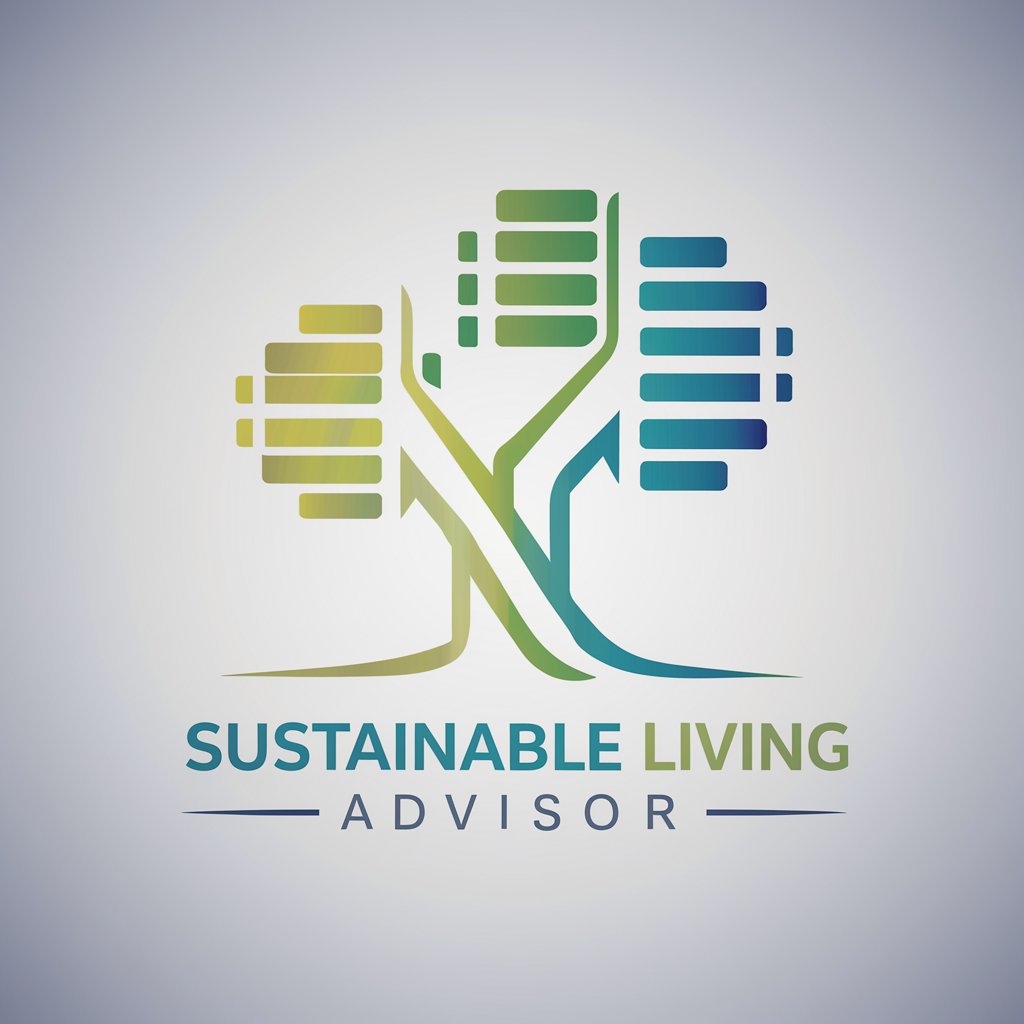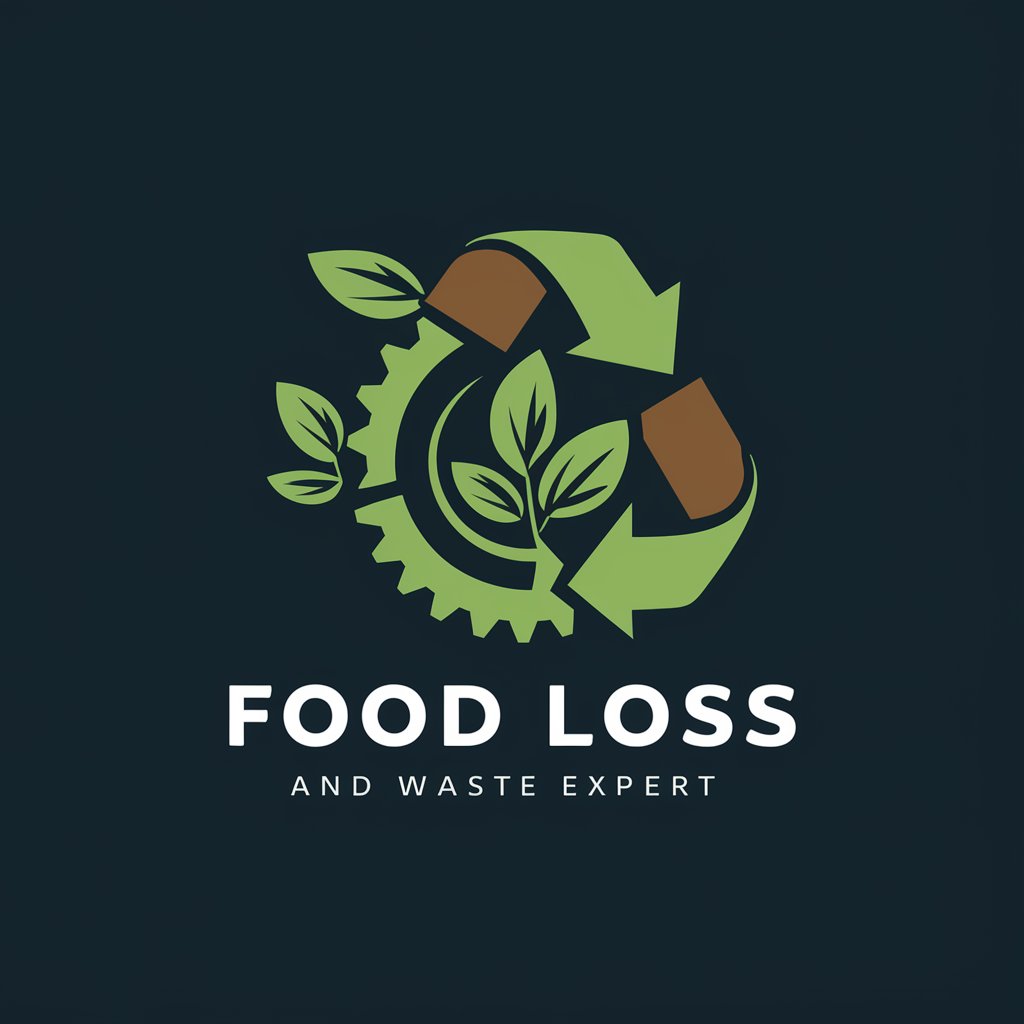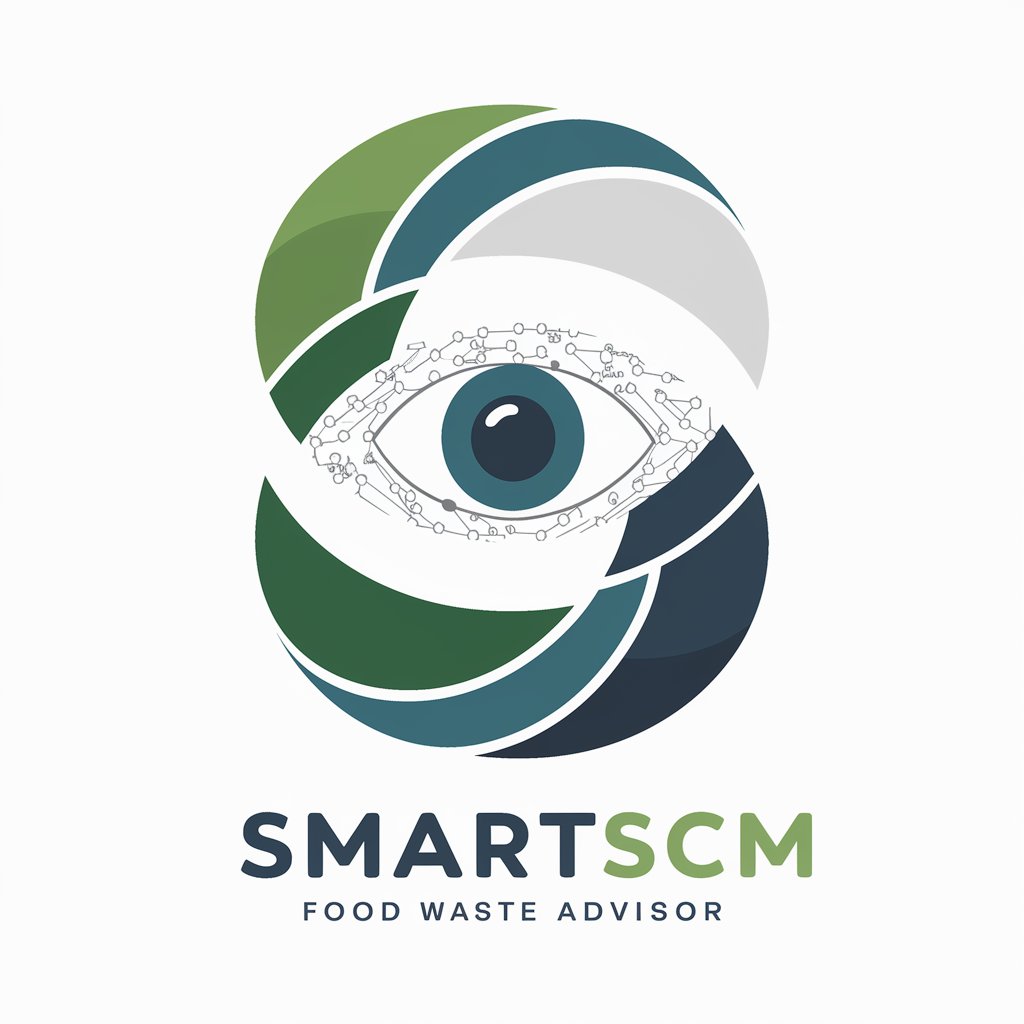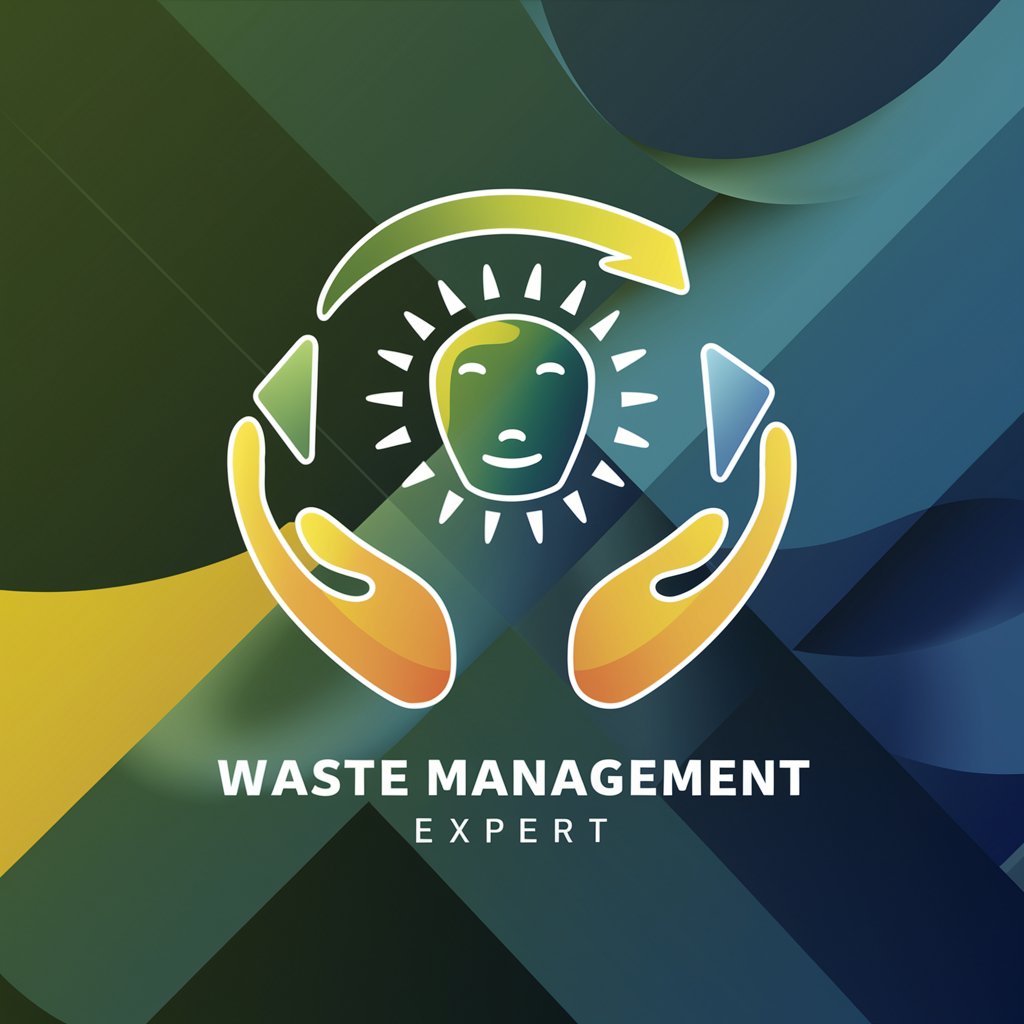
Waste Reduction Advisor - AI-powered Waste Advisor
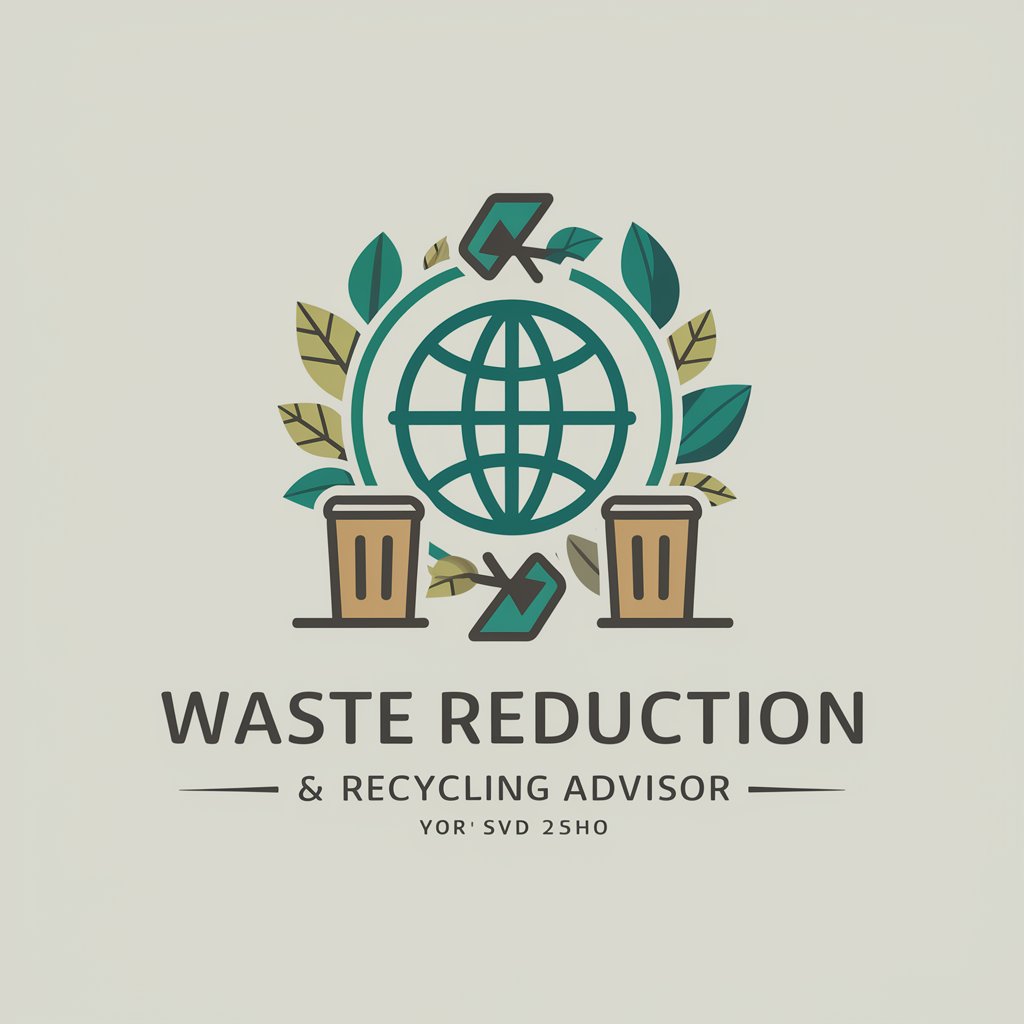
Hello! Let's work together to reduce waste and improve recycling.
Turn waste challenges into sustainable solutions
How can I reduce plastic waste in my household?
What are the best practices for composting food waste?
How can my business improve its recycling program?
What eco-friendly product alternatives can I use to minimize waste?
Get Embed Code
Overview of Waste Reduction Advisor
Waste Reduction Advisor is designed as an expert AI system focusing on environmental sustainability, particularly in waste management and recycling. Its core purpose is to provide detailed, actionable guidance to help individuals, households, and businesses reduce their waste footprint and engage in more effective recycling practices. The advisor not only suggests ways to minimize waste production through various strategies but also educates users on correct recycling techniques and organic waste management. For instance, it can guide a small business on how to implement a zero-waste policy, or assist a family in setting up a home composting system, thereby promoting environmental responsibility and sustainability. Powered by ChatGPT-4o。

Key Functions of Waste Reduction Advisor
Reducing Plastic Use
Example
Guiding users in replacing single-use plastics with sustainable alternatives like bamboo toothbrushes, reusable shopping bags, and silicone food wraps.
Scenario
A household looking to reduce its plastic footprint receives advice on practical replacements for everyday plastic items, along with recommendations on where to buy these products and how to dispose of them responsibly.
Food Waste Prevention
Example
Offering strategies such as meal planning, proper food storage techniques, and using leftovers creatively.
Scenario
A cafe wants to cut down on food waste and improve cost-efficiency. Waste Reduction Advisor provides a plan that includes training staff on portion control, proper storage of ingredients to extend freshness, and creating a menu designed to utilize leftovers effectively.
Sustainable Shopping Guidance
Example
Advising on choosing products with minimal packaging, local sourcing, and verifying sustainable certifications like Fair Trade and Organic.
Scenario
A consumer interested in sustainable shopping receives guidance on how to identify and prioritize products that are both eco-friendly and socially responsible, enhancing their ability to make informed purchases.
Target User Groups for Waste Reduction Advisor
Households
Families and individuals looking to adopt more sustainable lifestyles, reduce home waste, and learn proper recycling practices. These users benefit from personalized advice that helps them make daily choices that are environmentally friendly.
Businesses
Especially small to medium-sized enterprises aiming to implement sustainable practices, reduce operational waste, and comply with environmental regulations. Waste Reduction Advisor provides strategies and recommendations tailored to business needs, which can improve their public image and operational efficiency.
Educational Institutions
Schools and universities can use the service to develop waste reduction and recycling programs, integrate sustainability into their curricula, and engage students and staff in environmental stewardship. This helps create an informed community aware of their impact on the environment.

How to Use Waste Reduction Advisor
Step 1
Go to yeschat.ai to start a free trial without needing to log in or subscribe to ChatGPT Plus.
Step 2
Select the Waste Reduction Advisor from the list of available GPTs to focus on environmental sustainability and waste management.
Step 3
Input your specific questions or describe the scenario you need assistance with, such as home recycling, waste audits, or sustainable product choices.
Step 4
Use the provided advice to implement waste reduction strategies in your home, office, or community.
Step 5
Regularly consult the Advisor to refine your practices and stay updated on the latest in sustainability and recycling guidelines.
Try other advanced and practical GPTs
Zero Waste Product Designer
Design Smart, Waste Nothing.
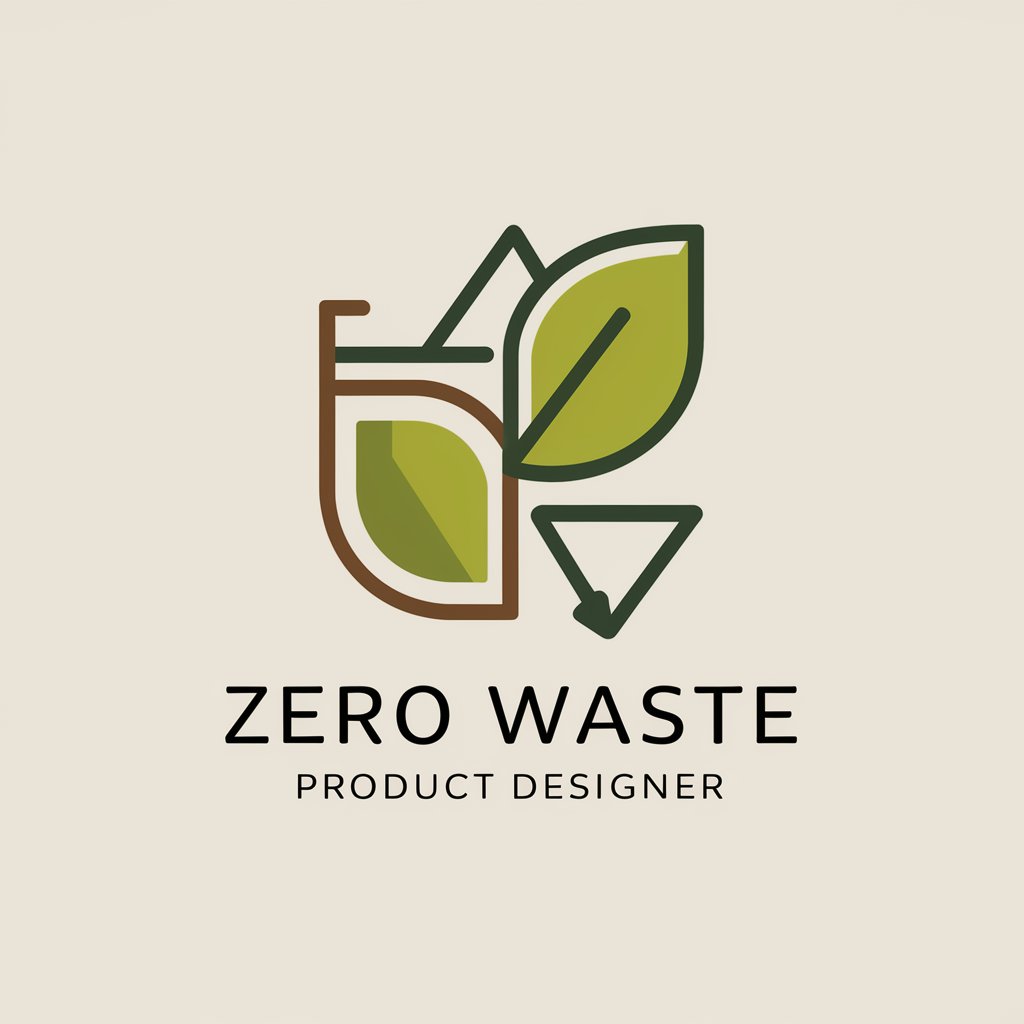
Zero Waste Companion
Master sustainable cooking with AI.
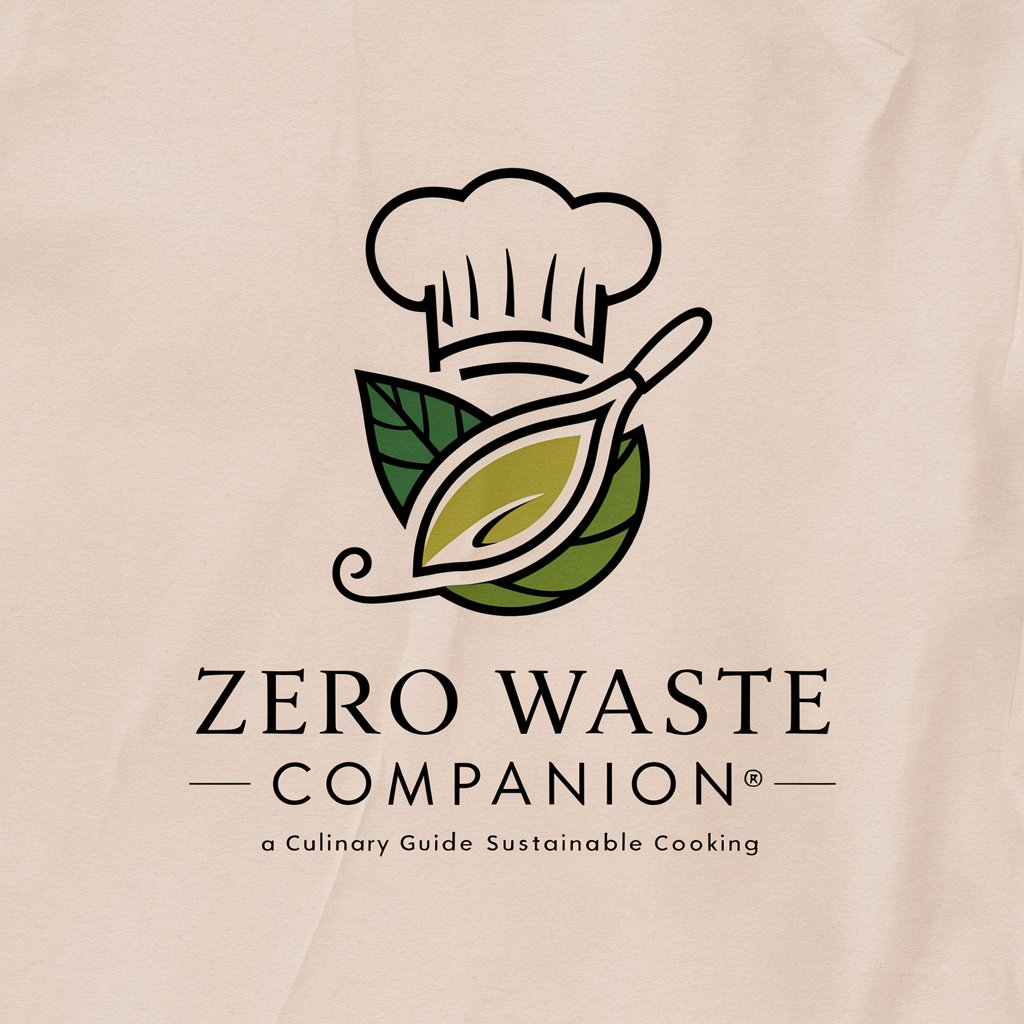
Waste Management Optimizer
Smart Waste Solutions Powered by AI
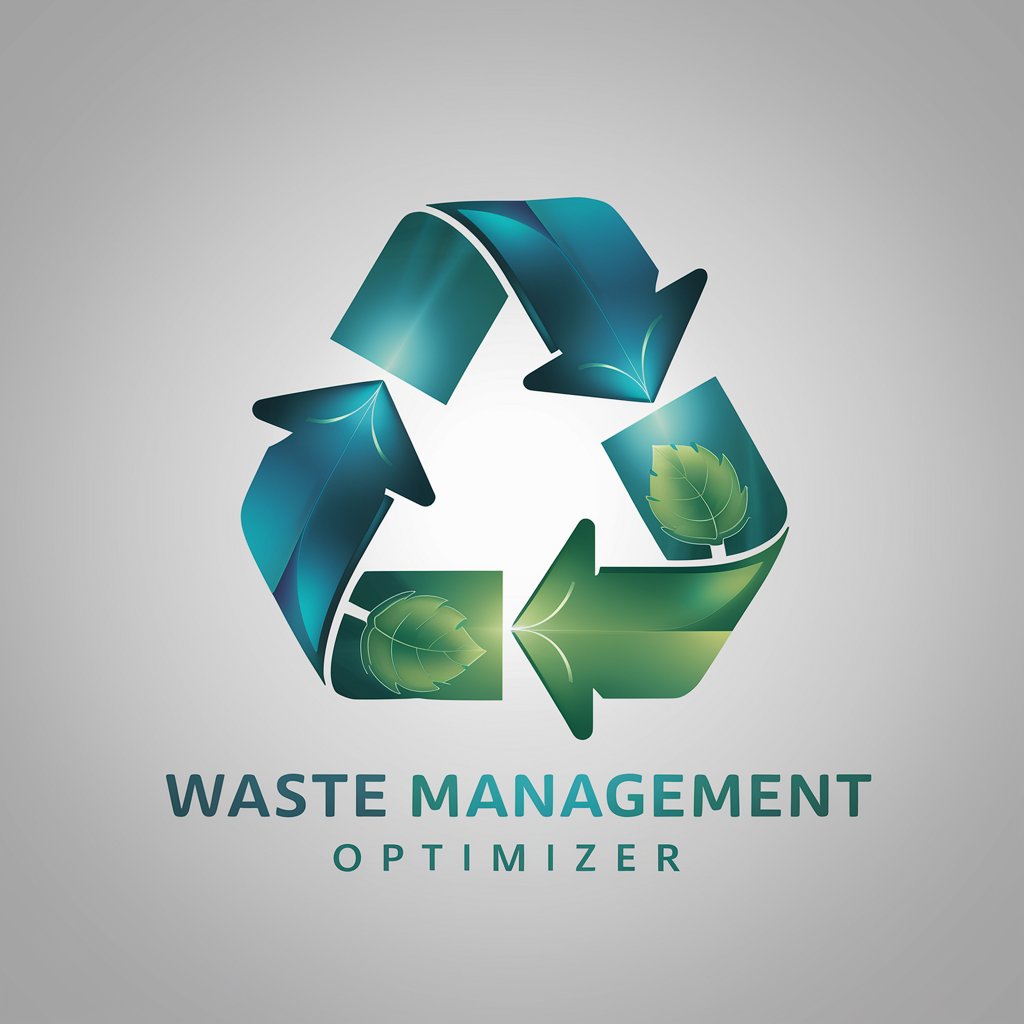
Wavertree Waste
Streamlining Waste Management with AI
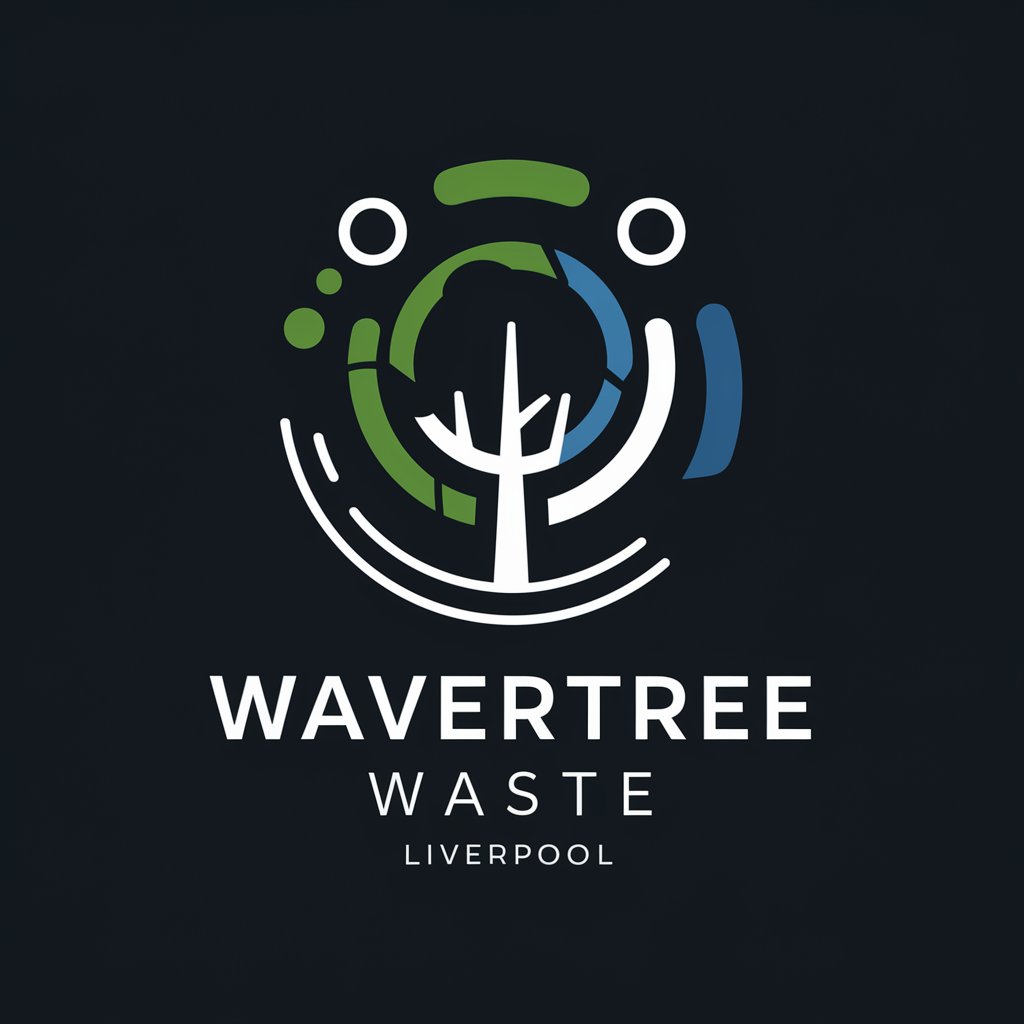
Zero-Waste Challenge Guide
Empowering Sustainable Living with AI
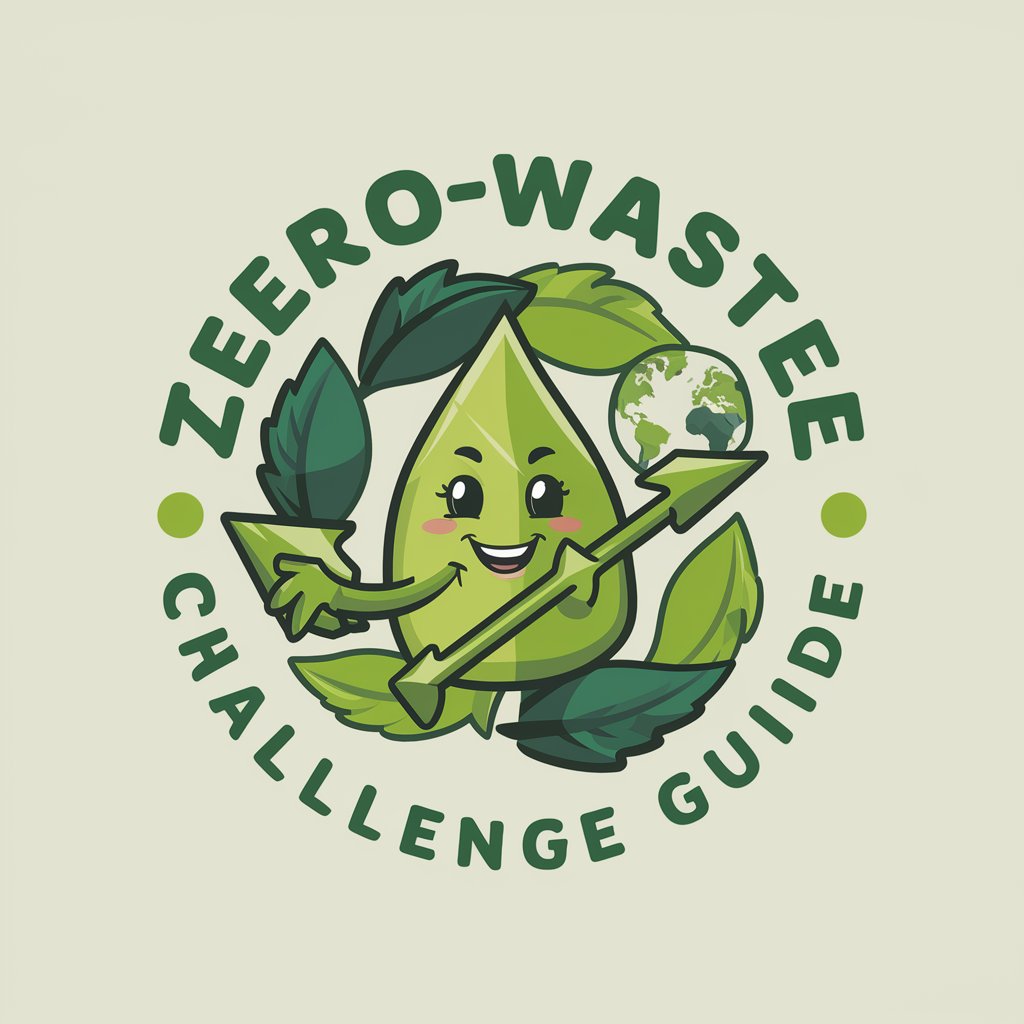
Waste Management Optimizer
Optimize Routes with AI-Powered Efficiency

Zero Waste Chef 〜ゼロウェイストシェフ〜
Turn Leftovers into Gourmet with AI

微信公众号助手
Revolutionize Your WeChat Content with AI
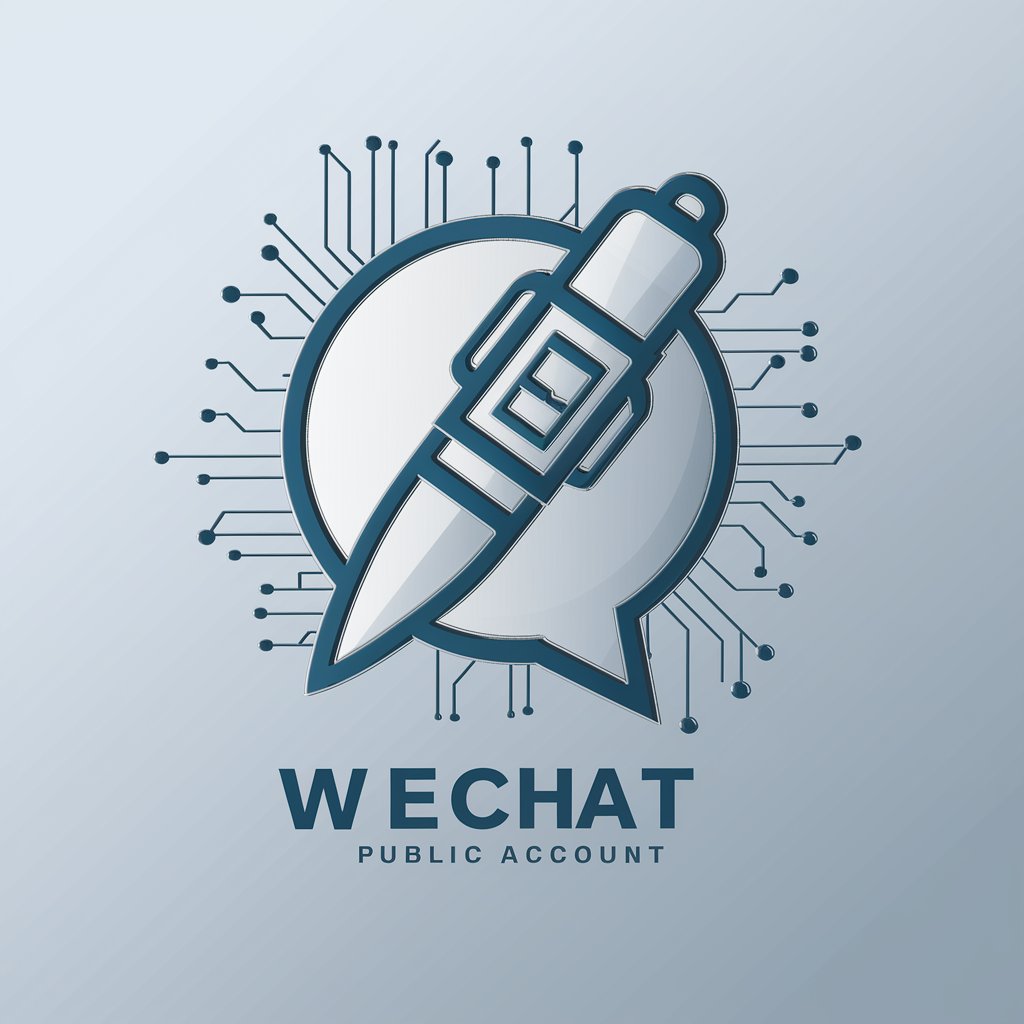
公众号撰稿助手
Streamline Your WeChat Articles with AI

公众号爆款标题
Boost engagement with AI-crafted titles

Tournament Ace
Ace Your Game with AI

PingPong Tournament
Automate Ping Pong Tournaments with AI

Waste Reduction Advisor Q&A
What are some effective ways to reduce plastic use in daily life?
Consider using reusable bags, bottles, and containers, choose products with minimal packaging, and opt for bulk purchases to avoid single-use plastics.
How can I prevent food waste at home?
Plan your meals, store food properly, understand expiration dates, and utilize leftovers creatively to minimize the amount of food thrown away.
Can you explain how to set up a home composting system?
Identify a suitable bin or space for composting, balance green and brown materials, maintain moisture and air circulation, and regularly turn the pile to speed up decomposition.
What are common mistakes in recycling at home and how can I avoid them?
Common mistakes include not cleaning recyclables, wish-cycling (recycling non-recyclable items), and failing to follow local guidelines. Avoid these by educating yourself on local recycling rules and preparing items correctly.
How can businesses implement effective waste reduction programs?
Start by conducting a waste audit, establish clear waste reduction goals, engage employees through training, choose sustainable suppliers, and monitor progress to make necessary adjustments.

